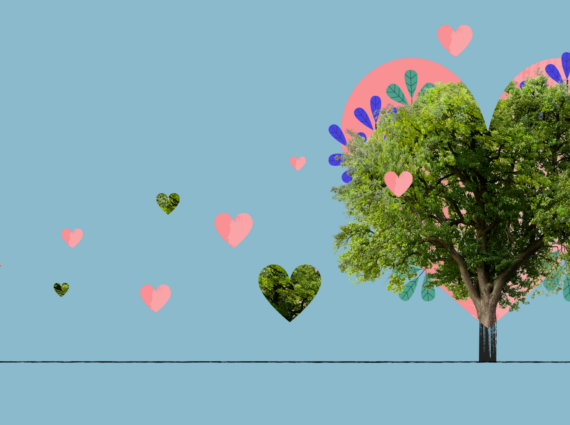If you were to ask any person whether they would like to eat healthily – they would most likely say yes and choose organic food. After all, who does not want to be healthy, and have good-looking hair or skin, and better shape? Hence, our shopping choices reflect the growing popularity of organic products. The Farma Świętokrzyska report “Trends in Poles’ eco-shopping” shows that as many as 86% of respondents buy organic products at least once in a while. The estimated value of the organic food market in Poland is PLN 1.36 billion.
Eco and bio labelling of food
Food producers are aware of this demand; hence there is no shortage of “eco” (ecological), “organic”, or “bio” labels on products. However, it is worth remembering that not all these labels are compliant with the EU law. Therefore, it is crucial that the packaging also bears the icon of the so-called eco-leaf, i.e. the EU organic food logo. You can only find such a symbol on products made from raw materials originating from organic farming, produced in certified farms or processing plants.
Each product labelled with the EU organic food logo has an appropriate document. This is a special certificate which confirms compliance with strictly defined standards set by law. In Poland, the control and certification of organic food is the responsibility of the Ministry of Agriculture and Rural Development, the Inspection for Commercial Quality of Agricultural and Food Articles (IJHARS) and several certification bodies.
There are no shortcuts
Of course, whether a farm is “organic” also depends on meeting specific criteria. These include correct crop rotation and biological and agrotechnical methods for plant protection and pest control. It also means moving away from vast fields of crops to plots separated by barriers in the form of trees and bushes. On organic farms, hay and silage are used instead of artificial fertilisers. Animals are fed with fodder from the same farm, and animals are reared in a litter system, which ensures a better standard of living.
Therefore, running an organic farm requires more resources and effort than conventional farming. This is followed by a different quality of products and a lower impact of the farm on the environment. Of course, we must consider that the particular requirements for organic farms and organic food result in higher product prices. Using the terms ‘eco’ and ‘bio’ for products that do not meet the criteria is a simply unfair practice. Consumers, reliable producers, and the environment: all lose out.
Important changes from January 2022
The European Union has decided to change its regulations on organic production and labelling of organic products. The new policies were supposed to come into force even before the pandemic. Still, due to the difficult situation and the need to adapt to new conditions, the deadline has been postponed until 1 January 2022.
The new regulation introduces several changes, but one of the most significant is the introduction of penalties for the inclusion in the advertising or sales description of a product that does not meet the requirements of the regulations on organic farming of indications referring to organic production. This is expected to increase consumer confidence in “eco” and “bio” food.
Moreover, a uniform database of producers subject to control and certification in organic farming will be introduced, which will improve the availability of information about producers. The number of inspectors carrying out rules on organic farming is also to be increased.
Your choices matter
The introduction of the new rules does not mean that all food with not entirely honest labelling has already disappeared from the shelves. Products with “misleading” labelling may be available in shops until stocks last. It is still worth reading the labels and choosing those products that deserve certification.
Lastly, remember – local, seasonal produce will always be the best choice. Bet on the products that don’t require hundreds of thousands of kilometres to get to the shop (and thus burning fossil fuels and emitting CO). You have a choice.
Check out what’s good at your local grocer!





